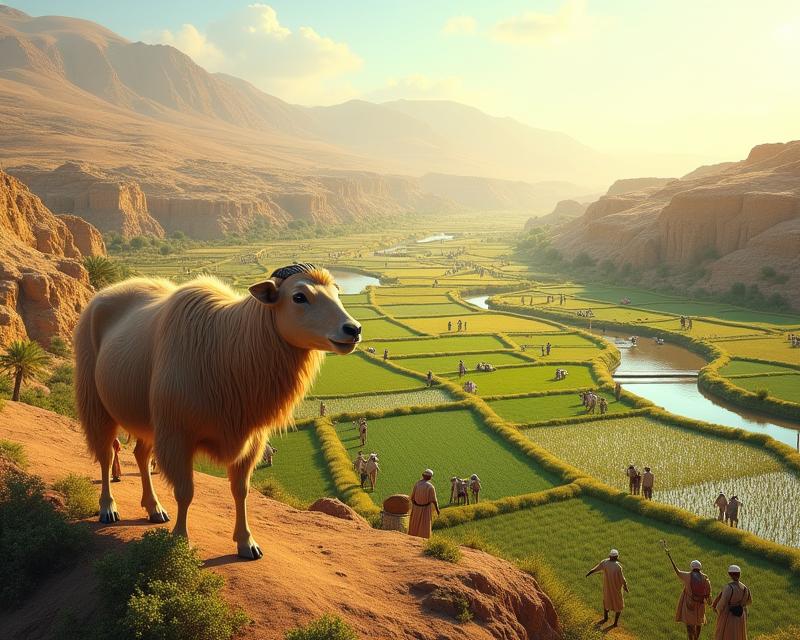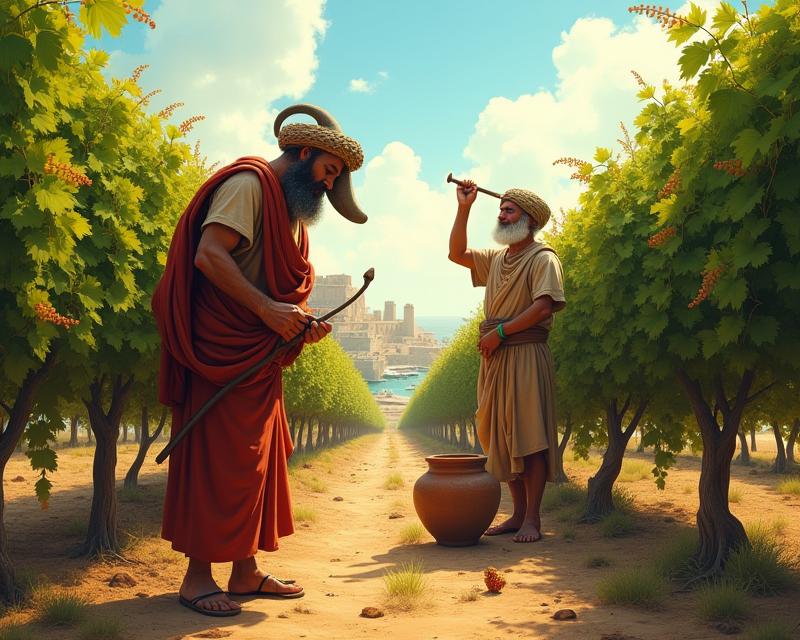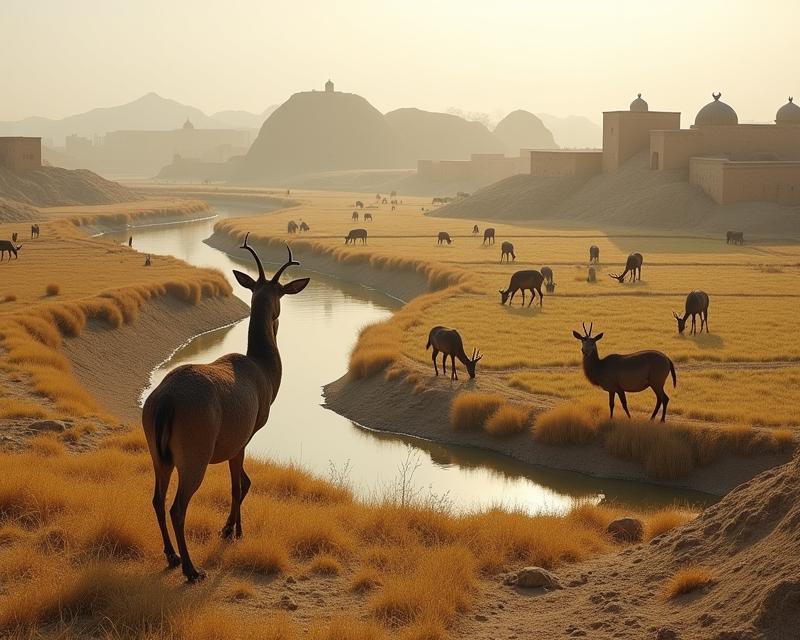Indus Valley: Ancient Farming & Urban Life
Publish in Agriculture el 22/07/2025 16:45
Indus Valley: Ancient Farming & Urban Life
Hey everyone! Ever wonder where farming first took a big leap towards organized society? Let's journey back in time to the Indus Valley Civilization, one of the earliest urban societies, flourishing around 3300-1300 BCE in what is now Pakistan and northwest India. These weren't just simple farmers; they were sophisticated agriculturalists who laid the groundwork for many farming practices we still use today. Understanding their methods offers fascinating insights into the long history of food production and societal development.

The Indus Valley Civilization thrived thanks to a remarkably productive agricultural system. Their success hinged on the fertile land nourished by the Indus River and its tributaries. They cultivated a variety of crops, including wheat, barley, peas, sesame, and cotton. Evidence suggests they also grew rice, though the extent is still being researched. Crucially, they developed sophisticated irrigation techniques. This wasn't just simple canals; they constructed dams, reservoirs, and drainage systems to manage water resources effectively. This allowed them to cultivate crops even during drier periods and expand agricultural land, supporting a growing population.
The civilization’s urban centers, like Mohenjo-daro and Harappa, were marvels of planning. These weren't just collections of houses; they were carefully designed cities with grid-like layouts, advanced sanitation systems (including indoor plumbing!), and granaries for storing surplus food. This surplus was vital. It allowed for specialization of labor – not everyone had to be a farmer! Some people became artisans, traders, or administrators. This division of labor, supported by a reliable food supply, was a key factor in the civilization's growth and complexity. Think about it: a stable food source allows communities to develop beyond basic survival and focus on innovation and societal advancement. It's a lesson that resonates even today.
The Indus Valley people weren't just focused on immediate food needs. They clearly understood the importance of long-term sustainability. Archaeological findings suggest they practiced crop rotation and possibly even terracing to prevent soil erosion. Their agricultural practices were adapted to the local environment, demonstrating a deep understanding of the land. Studying their successes and, perhaps, their eventual decline (possibly due to climate change or shifts in river courses), can offer valuable lessons for modern farmers facing similar challenges. It's a reminder that sustainable agriculture isn't just a buzzword; it's a fundamental requirement for long-term prosperity. So, next time you're in the field, take a moment to appreciate the long and fascinating history of farming – it all started somewhere, and the Indus Valley Civilization offers a powerful glimpse into that past!





